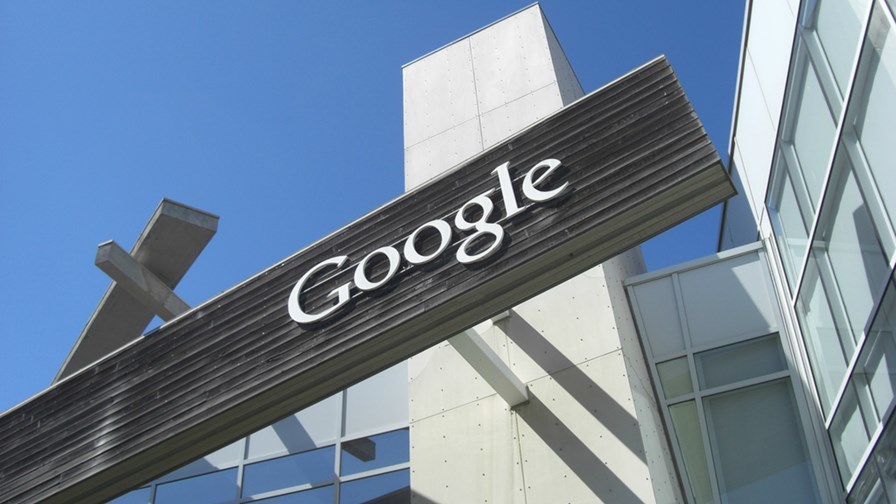
via Flickr © Affiliate (CC BY 2.0)
- When it comes to the post-pandemic work scene, big tech, led by Google, seems to be forging ahead with the likes of Facebook following close behind
- So far, other parts of the digital world are less open about their plans or, in some cases, unconvinced that wholesale change to the work structure is either needed or desirable
Just as many Google employees were digesting the implications of CEO Sundar Pichai’s decision to push back the date by which Google employees would be required to return to the office, Google has today suffered a significant set of outages causing its services plus YouTube to disappear for varying amounts of time. The service drops seem to have affected millions around the world, especially those of us working from home (including Google’s own employees), but are unlikely to cause any strategic reset on plans for home and remote working.
New plans
Pichai has told the staff that Google would allow all employees to work from home until September next year, which comes as no surprise since the virus is still on the rampage in the US and the UK and many other parts of the world and the gigantic task of distributing the vaccine is projected to take about as long as the experts first said it would.
But Pinchai has big, Google-style plans for a post pandemic work policy and is clearly feeding in experience from staff working away from the office to inform it. In an email to the company just yesterday, he said he was going to test the idea of a flexible work week as standard when safety allowed.
According to the New York Times, under the pilot plan, employees would be expected to work at least three days a week in the office as “collaboration days” while working from home the other days.
“We are testing a hypothesis that a flexible work model will lead to greater productivity, collaboration, and well-being,” wrote Pichai in an email obtained by the paper. “No company at our scale has ever created a fully hybrid work force model — though a few are starting to test it — so it will be interesting to try.”
The NY Times says there was no mention yet of whether Google will require its employees to take a vaccine once it’s become available to them.
Other Googly details include new office designs to lower coronavirus transmission, and a booking regime for collaboration spaces.It was also looking to develop what it calls in-office presentation booths for sending ‘professional-looking broadcasts to groups online.
Google is not alone
Many companies are wrestling with how to ‘transition’ their employees back to full-time work once the pandemic is over, but in the IT world, especially, it’s thought that Google’s approach will be watched closely and probably copied.
Facebook has already announced that remote working would be a permanent work feature and that he expected up to half of the workforce to have gone remote within the next 5 to 10 years. Twitter has also said that if their role fits home working they will be able to do it.
ViacomCBS says it expects most of its employees to adopt a hybrid model.
Last month, ViacomCBS told employees that it expects most of its employees to divide their time between working at home and in its offices. In doing so, the company said a hybrid model would allow more flexibility for employees, while reducing its real estate needs and keeping costs down.
Netflix’s Reed Hastings is not sold on the idea of home working but expects Netflix will end up with a ‘four days in the office and one day remote’ regime after the pandemic.
Telco ‘work from home’ plans are thinner on the ground
In early September Verizon was advertising to fill 950 customer service employees to work from home in specific locations. Meanwhile, BT’s principal innovation partner, Dr Nicola Millard, says the company has the technology, but there’s a cultural gap that needs careful attention when it comes to home working. “There’s a lot we need to learn going into the future in terms of if you’re going to stay in a digital space by default as a way of working,” she told online publication Employee Benefits.
Email Newsletters
Sign up to receive TelecomTV's top news and videos, plus exclusive subscriber-only content direct to your inbox.




